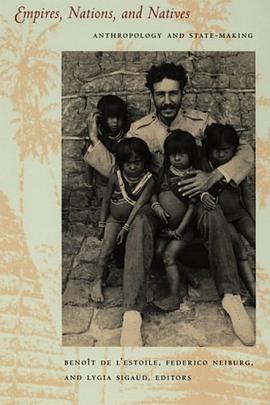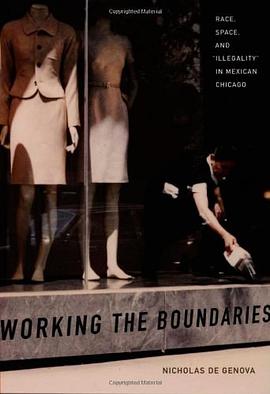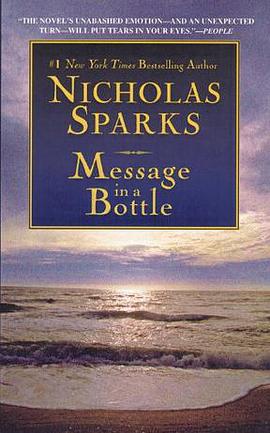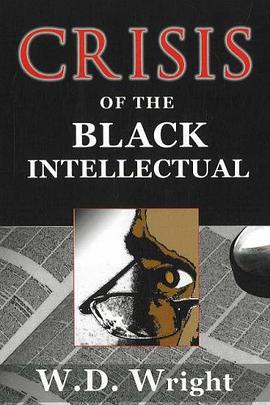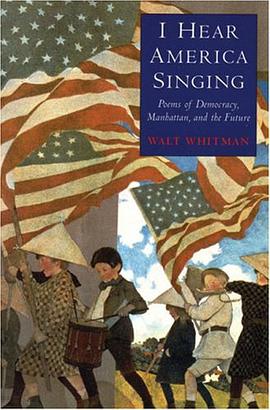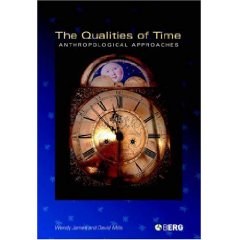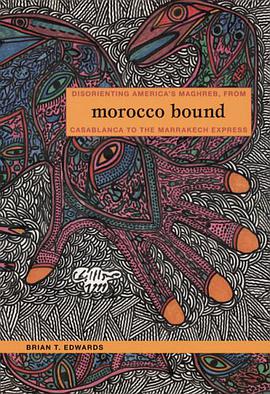

具體描述
Until attention shifted to the Middle East in the early 1970s, Americans turned most often toward the Maghreb - Morocco, Algeria, Tunisia, and much of the Sahara - for their understanding of "the Arab." In "Morocco Bound", Brian T. Edwards examines American representations of the Maghreb during three pivotal decades - from 1942, when the United States entered the North African campaign of World War II, through 1973. He reveals how American film and literary, historical, journalistic, and anthropological accounts of the region imagined the role of the United States in a world it seemed to dominate at the same time that they displaced domestic social concerns - particularly about race relations - onto an "exotic" North Africa. Edwards reads a broad range of texts to recuperate the disorienting possibilities for rethinking American empire.Examining work by William Burroughs, Jane Bowles, Ernie Pyle, A. J. Liebling, Jane Kramer, Alfred Hitchcock, Clifford Geertz, James Michener, Ornette Coleman, General George S. Patton, and others, he puts American texts in conversation with an archive of Maghrebi responses. Whether considering Warner Brothers' marketing of the movie "Casablanca" in 1942, journalistic representations of Tangier as a city of excess and queerness, Paul Bowles' collaboration with the Moroccan artist Mohammed Mrabet, the hippie communities in and around Marrakech in the 1960s and early 1970s, or the writings of young American anthropologists working nearby at the same time, Edwards illuminates the circulation of American texts, their relationship to Maghrebi history, and the ways they might be read so as to reimagine the role of American culture in the world. Brian T. Edwards is Assistant Professor of English and Comparative Literary Studies at Northwestern University.
著者簡介
圖書目錄
讀後感
評分
評分
評分
評分
用戶評價
相關圖書
本站所有內容均為互聯網搜索引擎提供的公開搜索信息,本站不存儲任何數據與內容,任何內容與數據均與本站無關,如有需要請聯繫相關搜索引擎包括但不限於百度,google,bing,sogou 等
© 2025 book.quotespace.org All Rights Reserved. 小美書屋 版权所有

